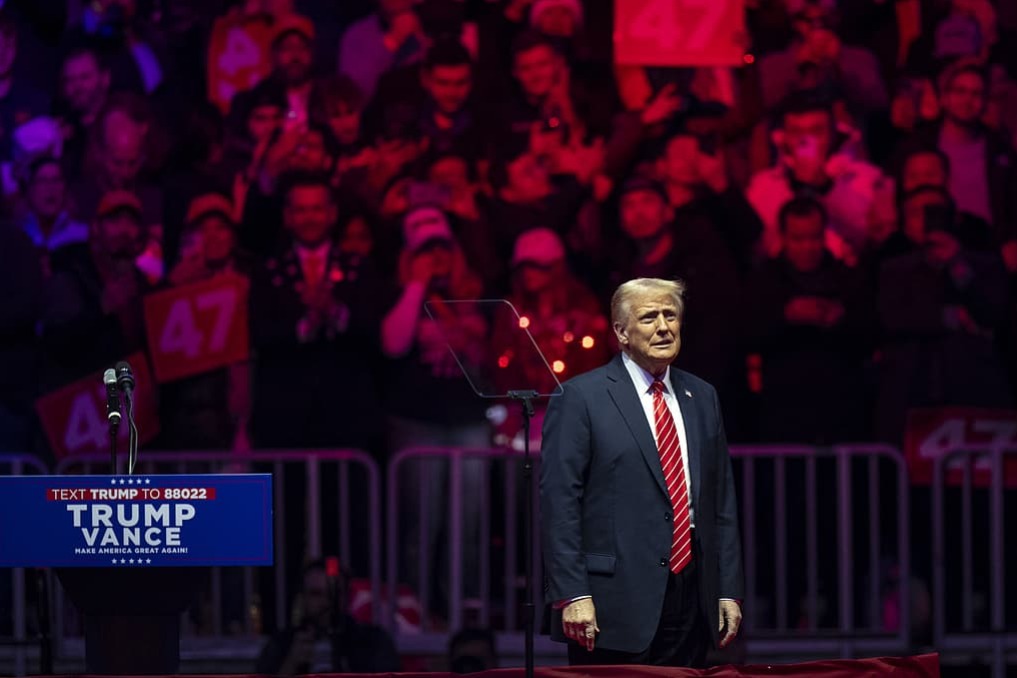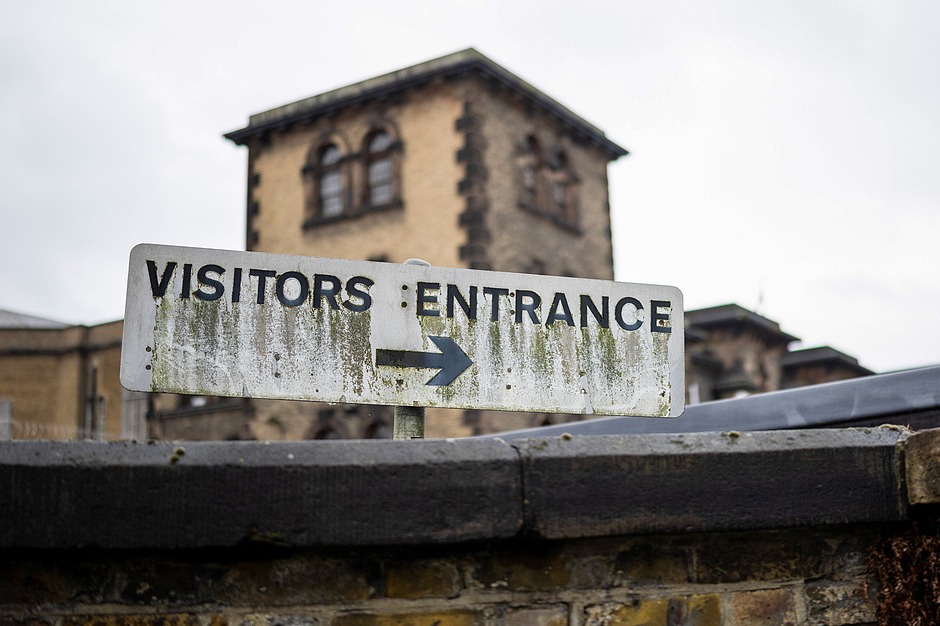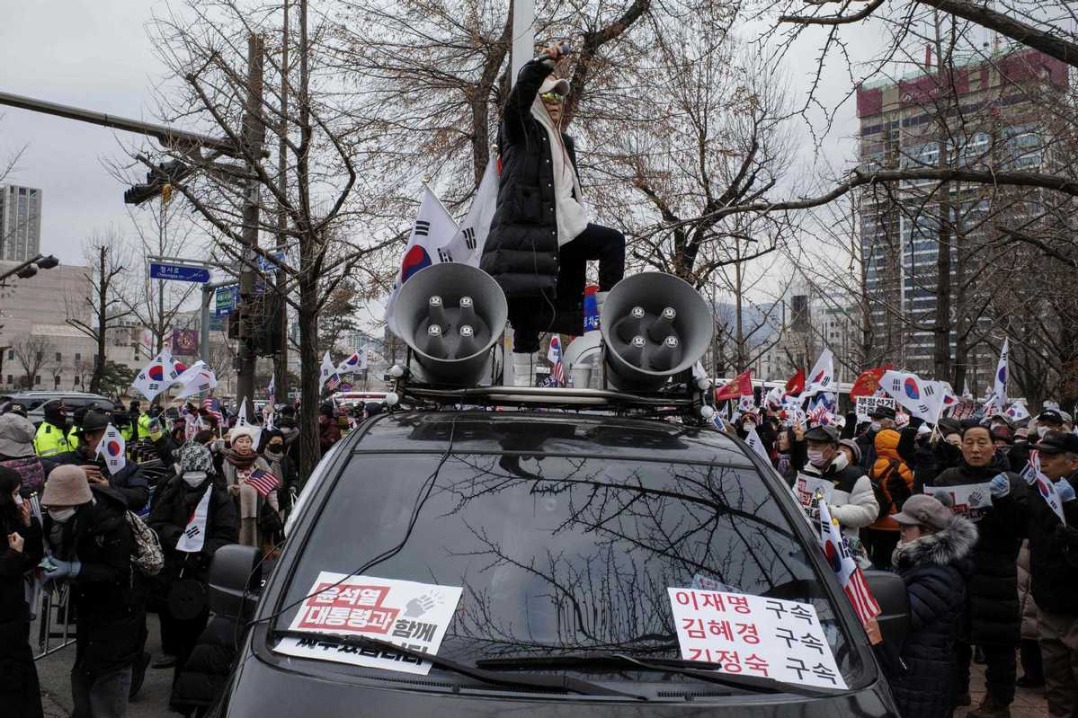Erroneous US report on COVID-19 origins makes false exaggerations

A US congressional report on the origins of COVID-19 drastically exaggerated budget numbers at the Wuhan Institute of Virology (WIV) by up to a thousandfold, misleading the public and the media with false information.
The report cited the exaggerated numbers to suggest that something "unusual" was happening at the WIV, speculating "safety concerns and unusual maintenance" as "evidence of a lab leak."
The report, published in early August by the US House Foreign Affairs Committee minority staff led by Republican Representative Michael McCaul, includes on Page 20 a chart that quoted figures from the WIV's government procurement web pages. For unknown reasons, the numbers in the report far exceeded those on the WIV website.
The chart includes a total of seven budget figures. Three were exaggerated tenfold, one was exaggerated a hundredfold, and one was exaggerated a thousandfold.
Take the budget for a new ventilation system at the WIV as an example. It was recorded as 3.92687694 million yuan or just under 3.93 million yuan on the Chinese web page. But the number in the congressional report was $606 million -- equal to 3.93 billion yuan, 1,000 times the number originally written in Chinese.
Similarly, the budget for security services was 830,000 yuan, but the number was translated into English as $1.3 million?-- equal to 8.3 million yuan, 10 times the number in Chinese.
It is unknown how the errors came into existence as the media contact person for Representative Michael McCaul did not reply to emailed requests.
A joint WHO-China study on the origins of COVID-19, published at the end of March, said that a lab leak was "extremely unlikely." A Chinese foreign ministry spokesperson on Aug 3 called the US congressional report "not credible or scientific."
Recently, two major newspapers in the United States on their opinion pages cited the exaggerated numbers sourced from the congressional report. They later issued corrections.
The Wall Street Journal correction said, "The authors relied on a House Foreign Affairs Committee report, which cited an evidently mistranslated Chinese document."
The Washington Post correction said, "The congressional report referenced in this article misstated the value of service contract requests issued by the Wuhan Institute of Virology in September 2019."
The congressional report itself remains uncorrected.
Produced by Xinhua Global Service

































